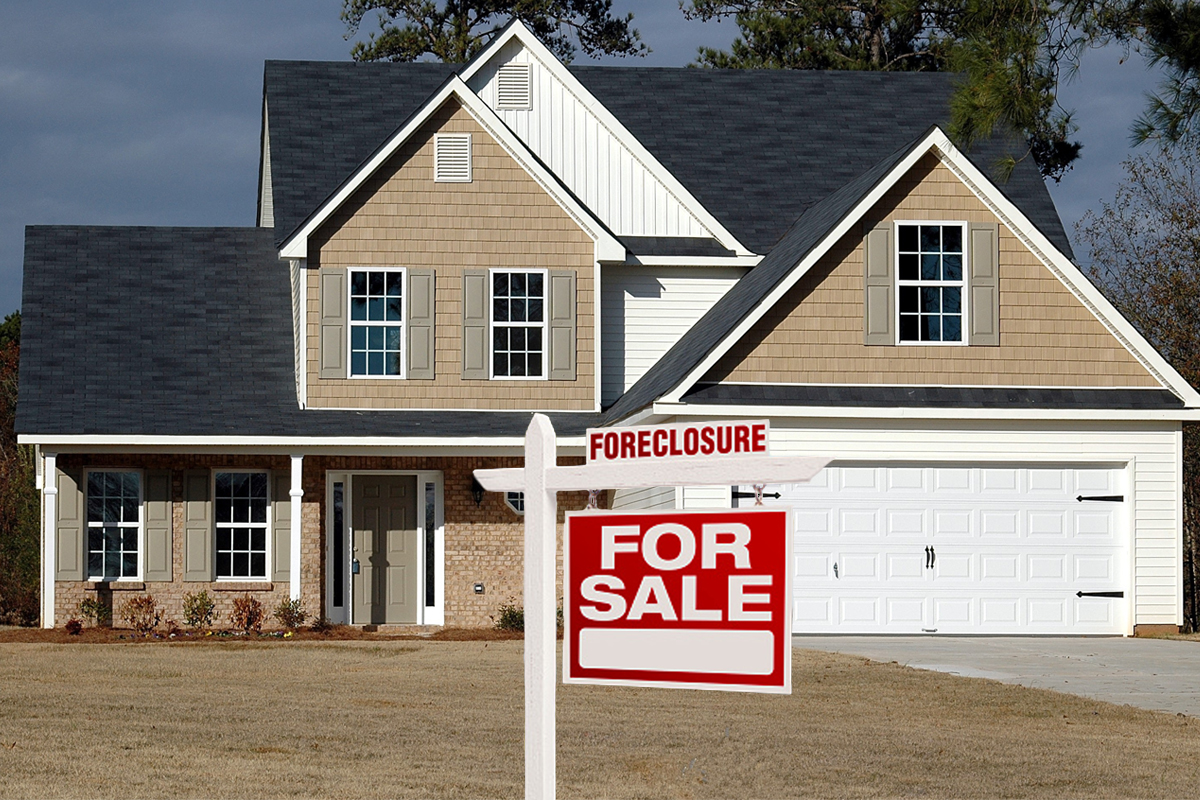Since the COVID-19 pandemic people want to know if filing for bankruptcy can help stop foreclosure proceedings. In some situations bankruptcy can help people avoid foreclosure, however you should be aware of the issues that could be involved.
Experienced bankruptcy attorney Leslie Craft provides insight on this topic in the following blog.
Chapter 7 Bankruptcy Can Help You Avoid Foreclosure
Under the US Bankruptcy Code there are two main types of bankruptcy – Chapter 7 and Chapter 13.
Chapter 7 bankruptcy, also known as liquidation bankruptcy, is what people think of as a “typical” bankruptcy filing. When filing a Chapter 7 bankruptcy, non-exempt assets may be liquidated to pay back creditors. In many Chapter 7 cases, all the assets are exempt, or the non-exempt assets are too nominal to warrant liquidation. Many debts are discharged in Chapter 7 bankruptcy.
An additional benefit of filing Chapter 7 is that you will get an automatic stay from the bankruptcy court. An automatic stay is a court order preventing creditors from taking further legal action against you and your property – including foreclosure proceedings. An automatic stay could give you the time you need to work out an arrangement with your mortgage company to help you keep your home. The “work out” with the mortgage company is voluntary and Chapter 7 bankruptcy only affords short-term protection – usually 3-12 weeks. But when the automatic stay expires, you may be able to keep your home while proceeding with the bankruptcy.
Foreclosure and Chapter 13 Bankruptcy
The second main type of bankruptcy available to individuals is a Chapter 13 bankruptcy, which is also known as a reorganization bankruptcy.
When filing a Chapter 13 bankruptcy a three-to-five-year payment plan is put in place where you pay back your creditors. In Chapter 13 bankruptcy you can keep your assets regardless of them being exempt or not exempt – including your home. In most cases, the pre-bankruptcy arrears are paid-off over the duration of the plan term, but a Chapter 13 debtor can still pursue a loan modification with the mortgage company.
If a payment plan is approved by the court and all your payments are made on time, your eligible debts will be discharged, and you get to keep your home. This is why it is essential that you make all your plan payments under a Chapter 13 filing.
Call Craft Law Firm
An experienced bankruptcy attorney will outline the differences between a Chapter 7 and Chapter 13 bankruptcy so you can choose the plan that is best for you and your family
If you have additional questions about bankruptcy and foreclosure, call Leslie Craft at Craft Law Firm today! She can help stop a foreclosure. Her experience has helped many clients throughout eastern North Carolina get the financial relief they needed. Give her a call so she can help you during this challenging time



